A fresh battle is brewing in the Senate as Democratic Senators introduced a daring bill aiming to reverse a recent Supreme Court decision that limited federal agencies from regulating key areas like environmental protection and consumer rights.
This decision, made just last month, has sparked a heated response aimed at reinstating some crucial powers.
Warren Takes the Lead

Senator Elizabeth Warren, alongside ten Democratic colleagues, spearheads the initiative.
They’re pushing a bill to restore the “Chevron deference”—a principle ensuring courts respect agency interpretations of ambiguous laws. This doctrine had stood strong for four decades until the Supreme Court scrapped it, signaling a significant shift.
What’s at Stake Here?
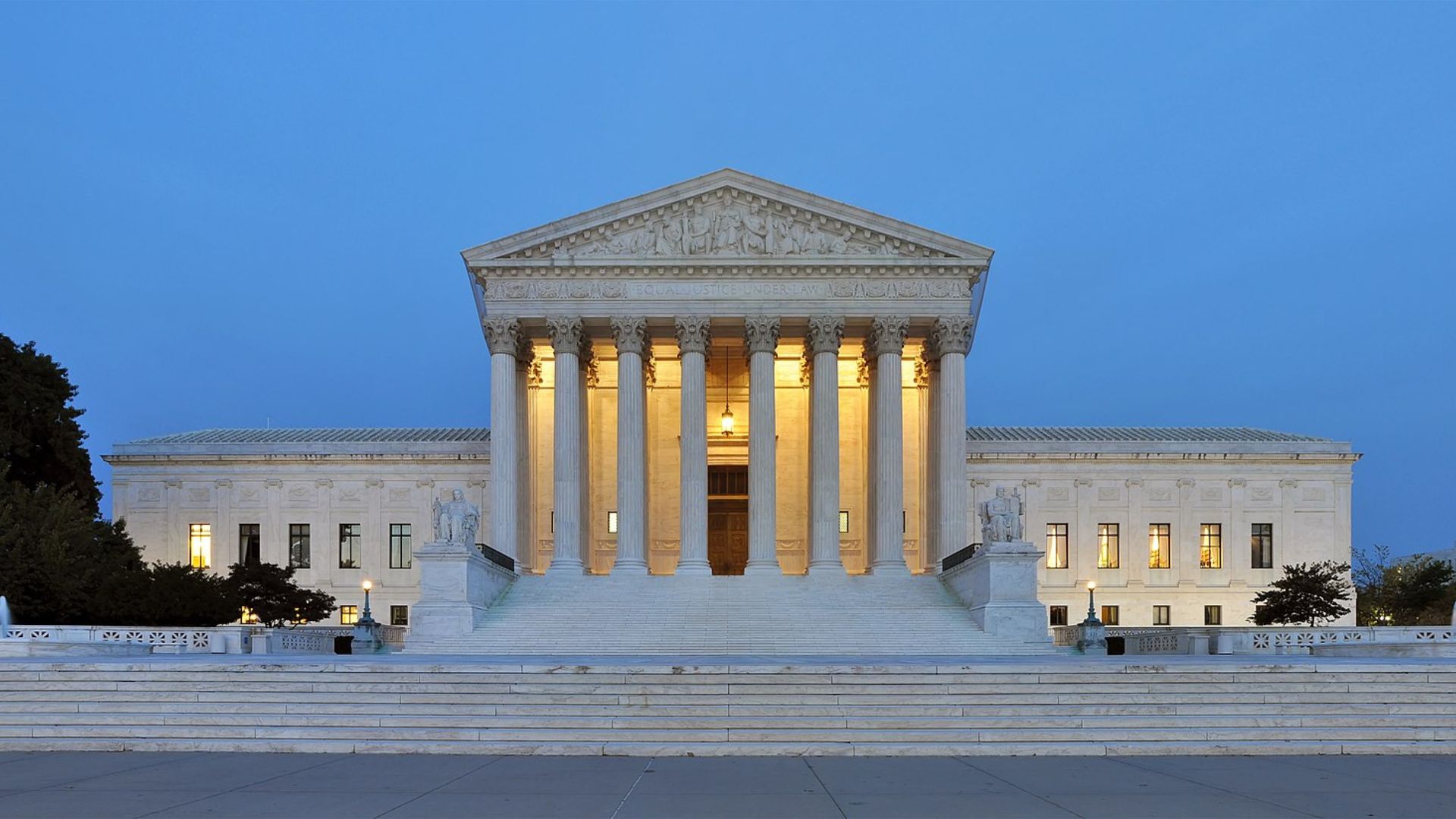
The bill, named the Stop Corporate Capture Act, doesn’t just seek to reclaim lost ground.
It proposes updates to modernize how rules are made, aiming to prevent corporations from overriding the collective judgment of Congress and expert agencies, as stated by Senator Warren.
A Tough Road Ahead
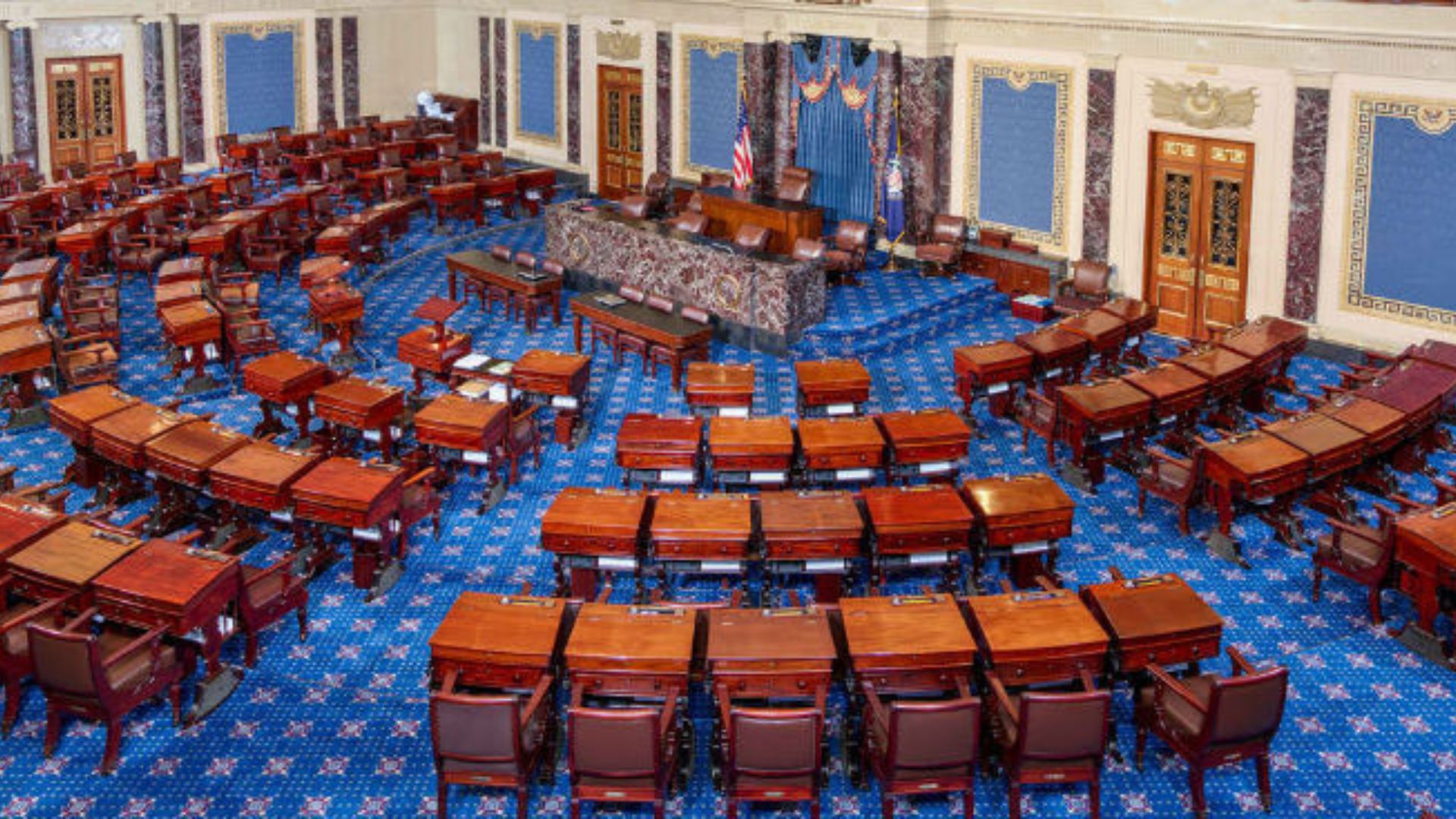
Despite the urgent push, the bill faces a rocky path forward, especially in an election year.
The Senate, with only a narrow Democratic control, presents a challenging battleground. Meanwhile, a similar motion waits in the wings in the U.S. House, led by Republicans who celebrated the Supreme Court’s ruling.
The Chevron Ripple Effect
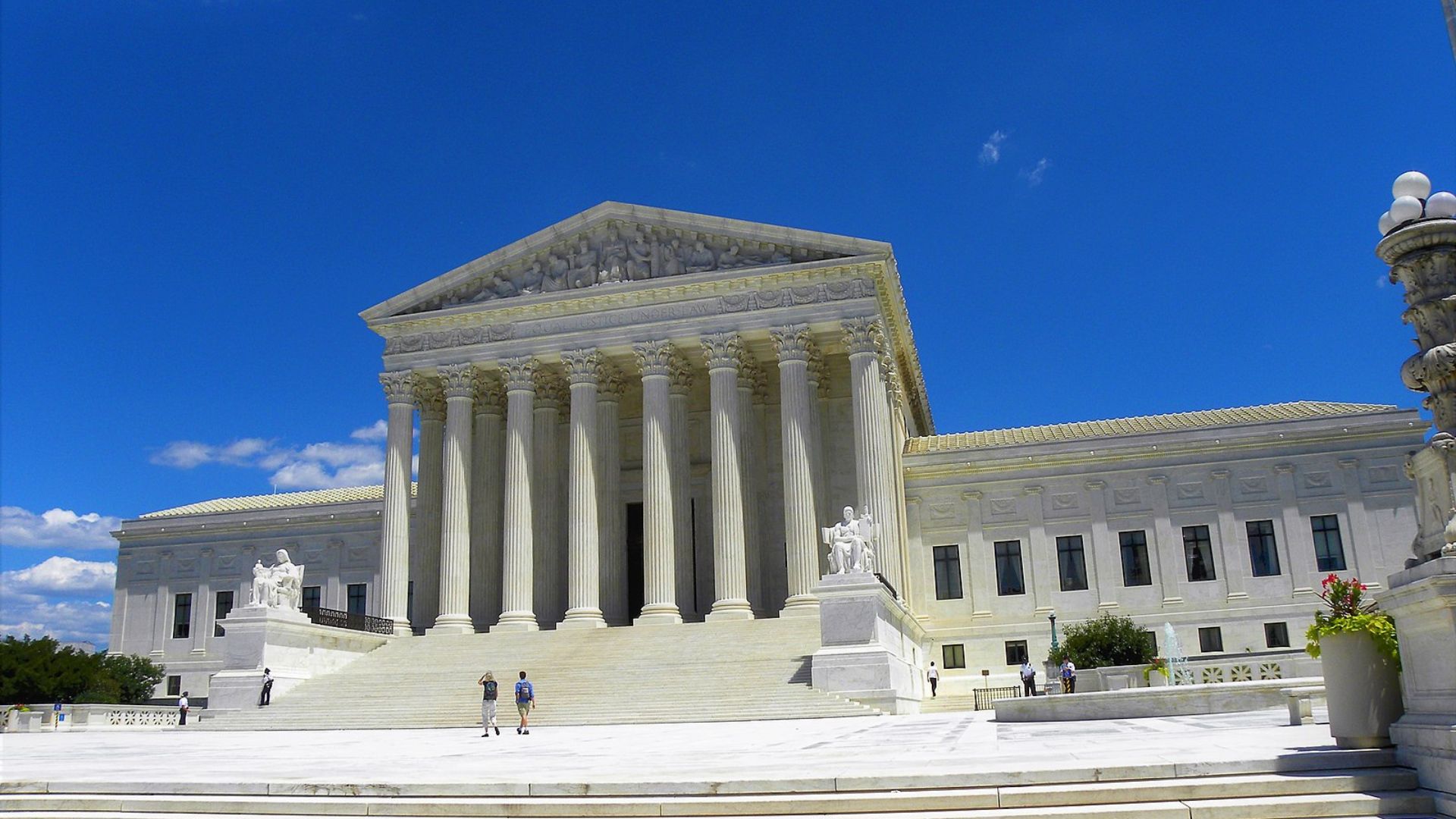
The Supreme Court’s decision has already started to echo through the lower courts, where several rulings have emerged, citing the new precedent.
This shift has significant implications, especially concerning policies introduced during Biden’s presidency, which focus on workers’ and LGBTQ rights.
Legal Experts Weigh In
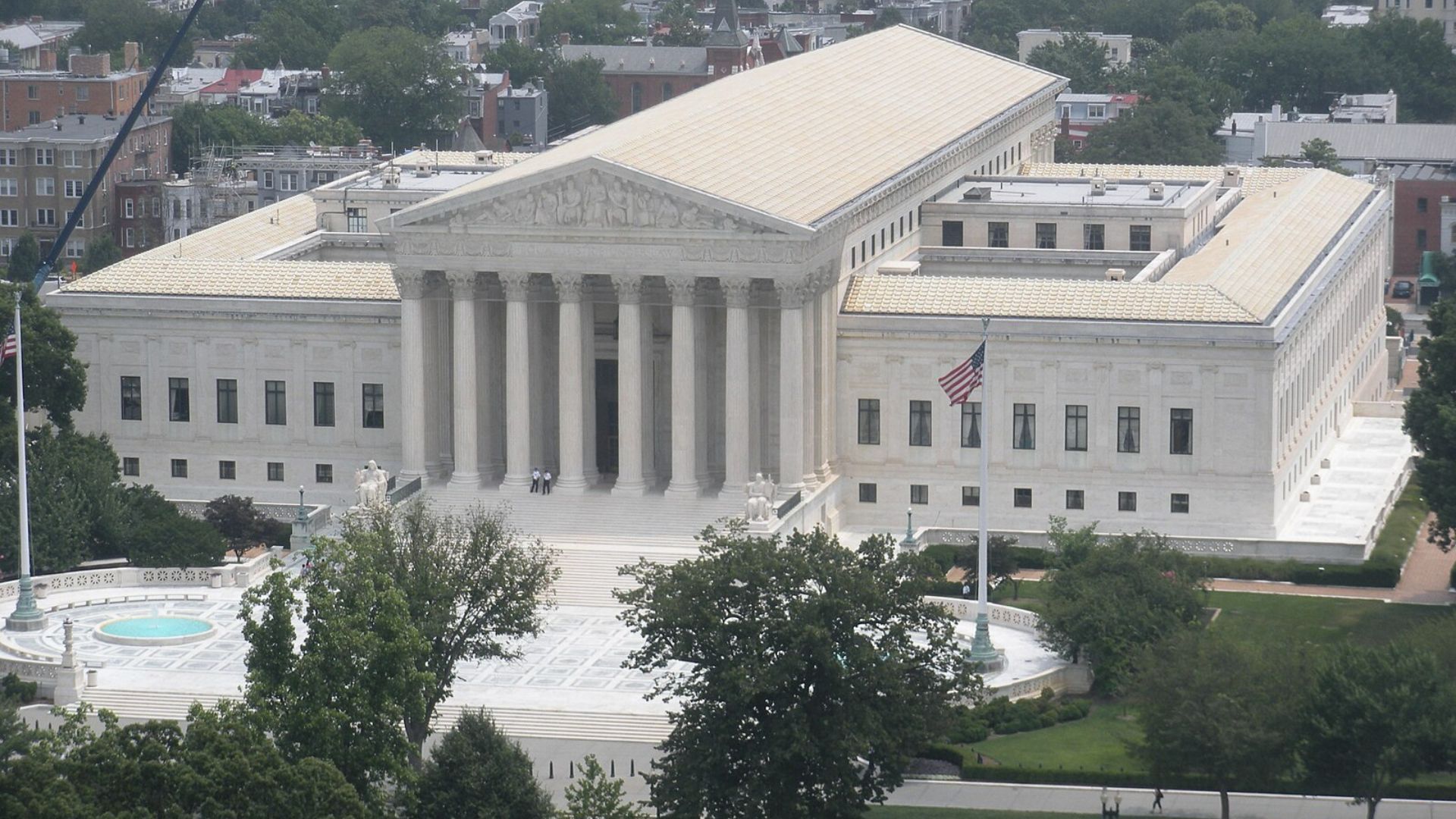
Legal circles are buzzing as experts like Michael Drysdale from Dorsey & Whitney note a surge in judicial activity.
Post-decision, courts seem more willing to challenge regulatory powers, showcasing the broad impacts of the Supreme Court’s stance.
Immediate Impact

The effects were immediate. Within hours of the Supreme Court’s decision, a Texas federal judge ruled against a Department of Labor rule that would have extended mandatory overtime pay to more workers.
This swift action illustrates the ruling’s immediate practical consequences.
A Series of Setbacks

Following the Texas decision, several more rulings emerged across states like Florida, Kansas, Mississippi, and Texas.
These primarily targeted new rules under the Biden administration aimed at protecting LGBTQ individuals from discrimination in healthcare and education.
The Non-Compete Clause
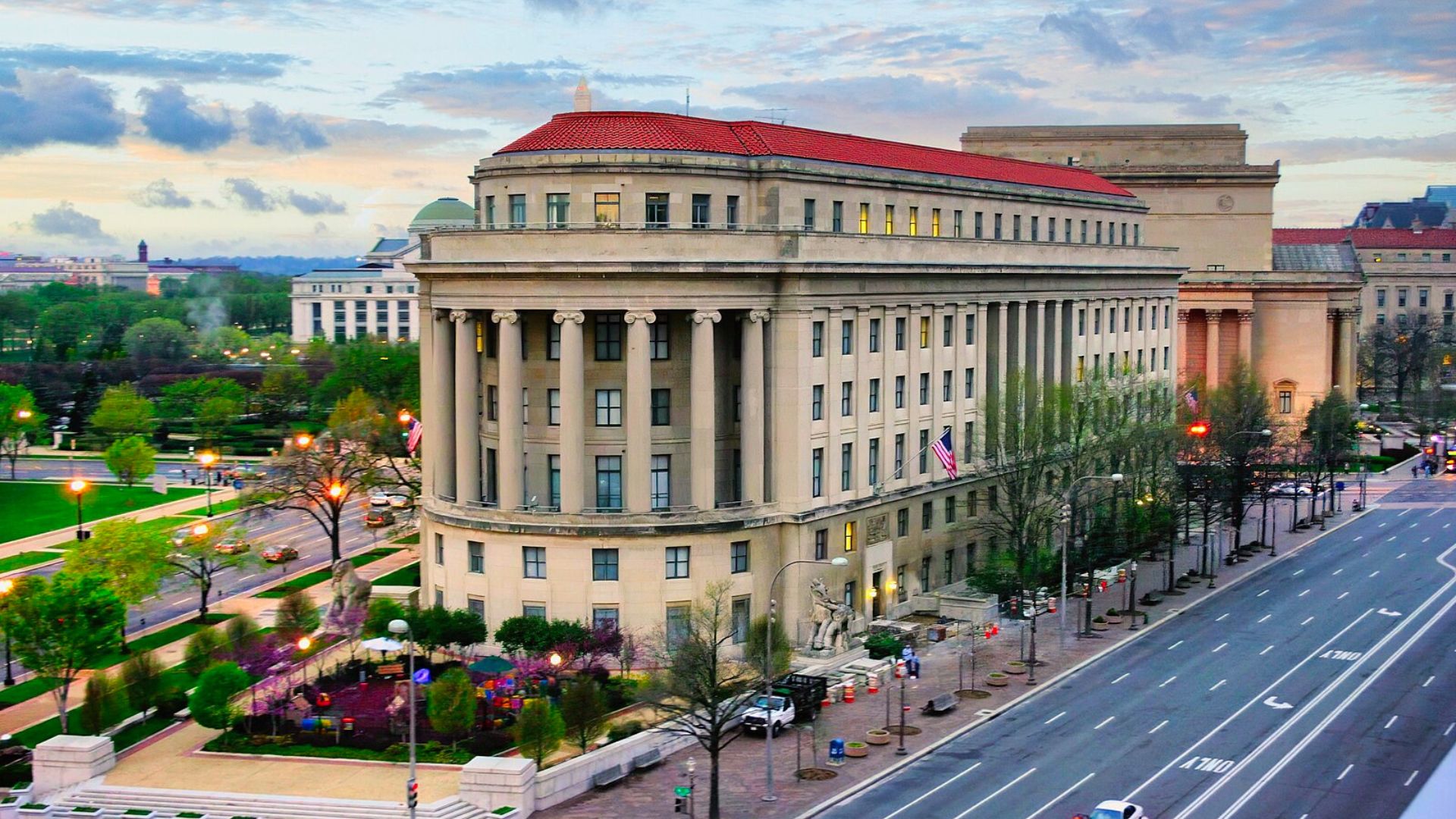
Adding to the string of legal challenges, a Federal Trade Commission rule banning non-compete agreements also fell victim to the judicial pushback.
This rule intended to free employees from restrictive clauses that limit their future employment opportunities.
Revisiting the Rulings
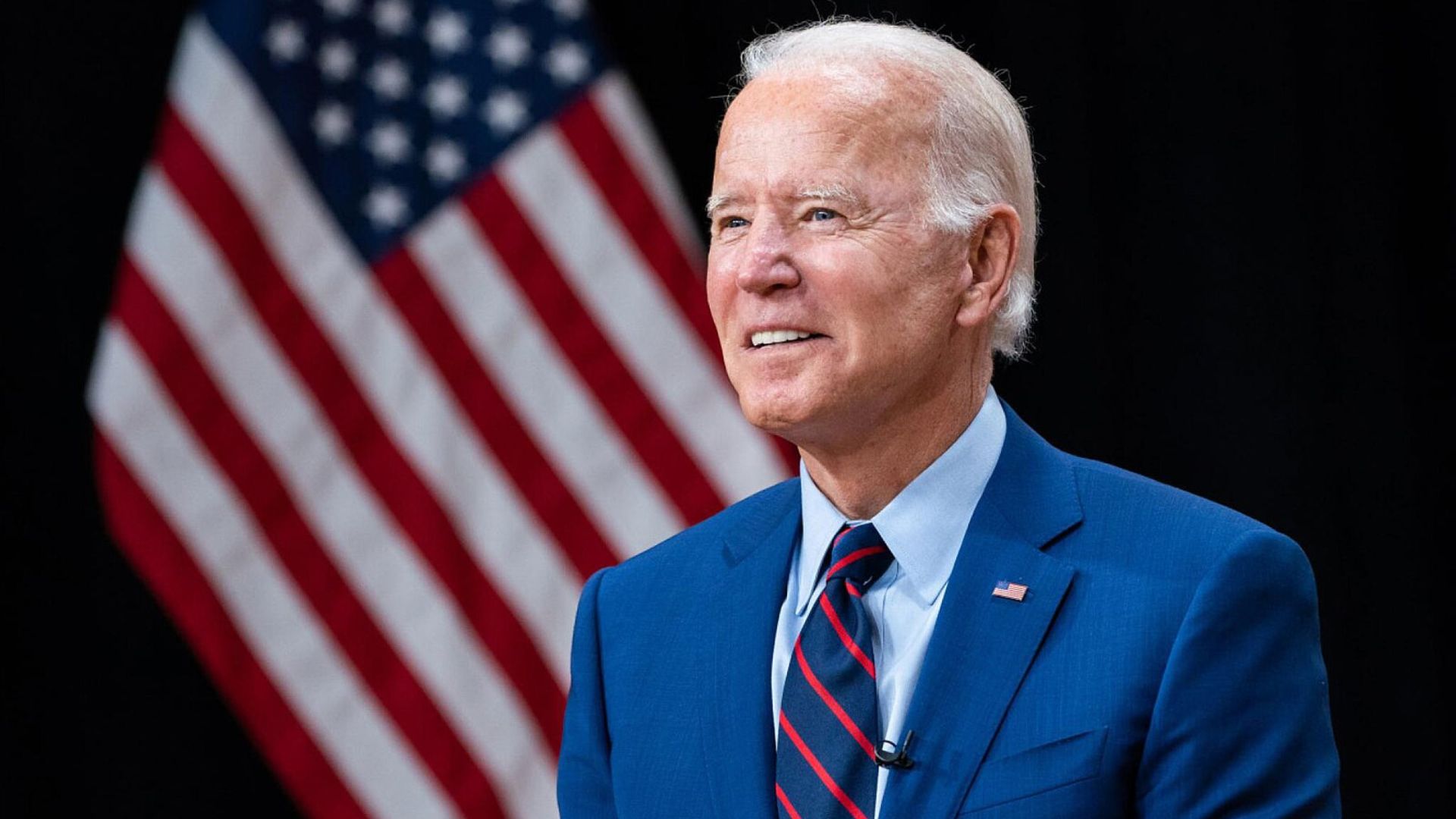
The 5th U.S. Circuit Court of Appeals recently directed a Texas judge to reassess a previous ruling that had supported a Biden-era rule under Chevron deference.
This rule involved socially conscious investing by employee retirement plans, indicating the depth and reach of the Supreme Court’s influence.
National Reactions
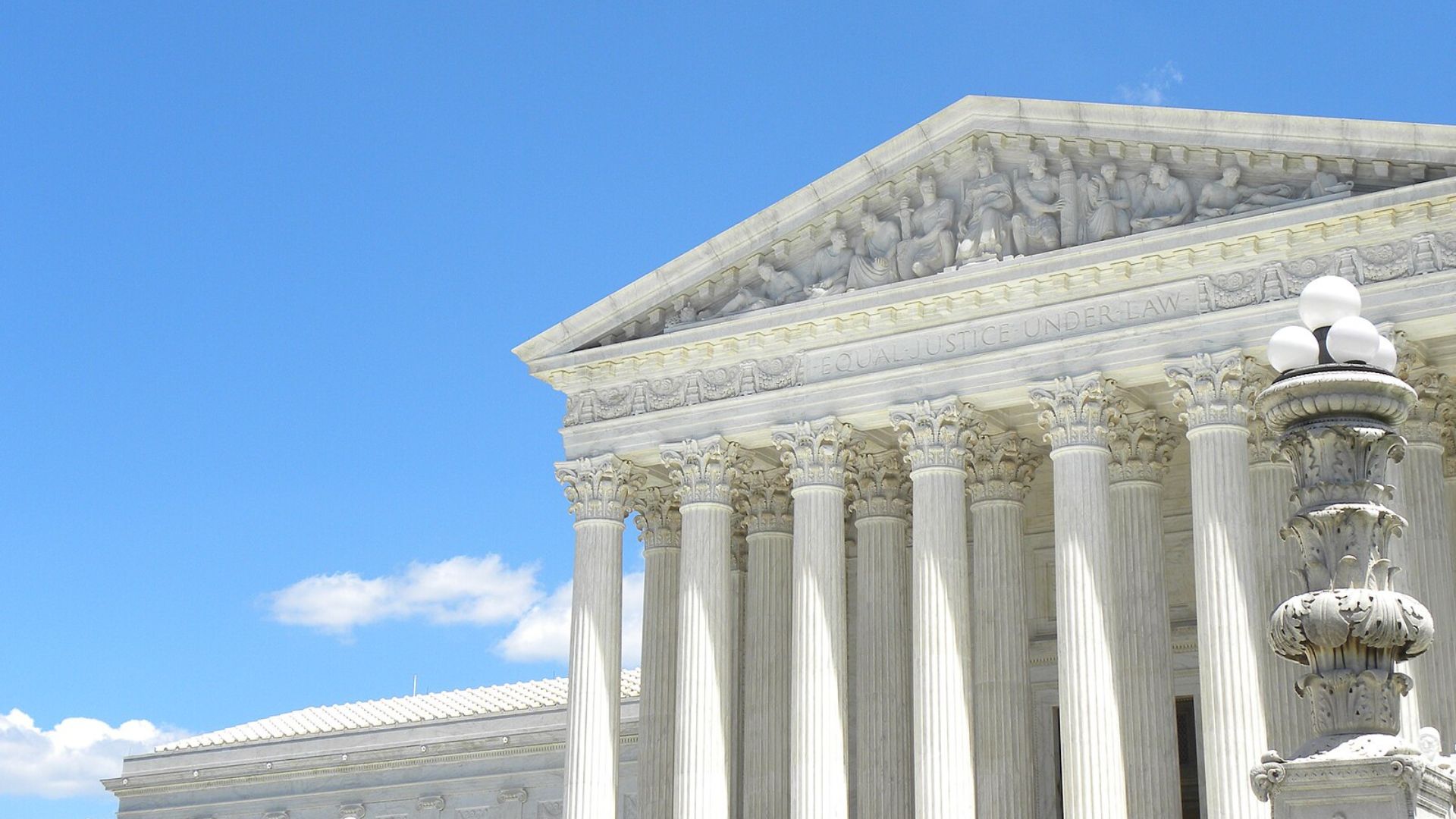
As these legal battles unfold, the national reaction has been mixed.
Supporters of the bill argue it’s essential to maintain a balance of power and protect public interests, while opponents see it as an overreach that could stifle economic growth and innovation.
The Future of Federal Power
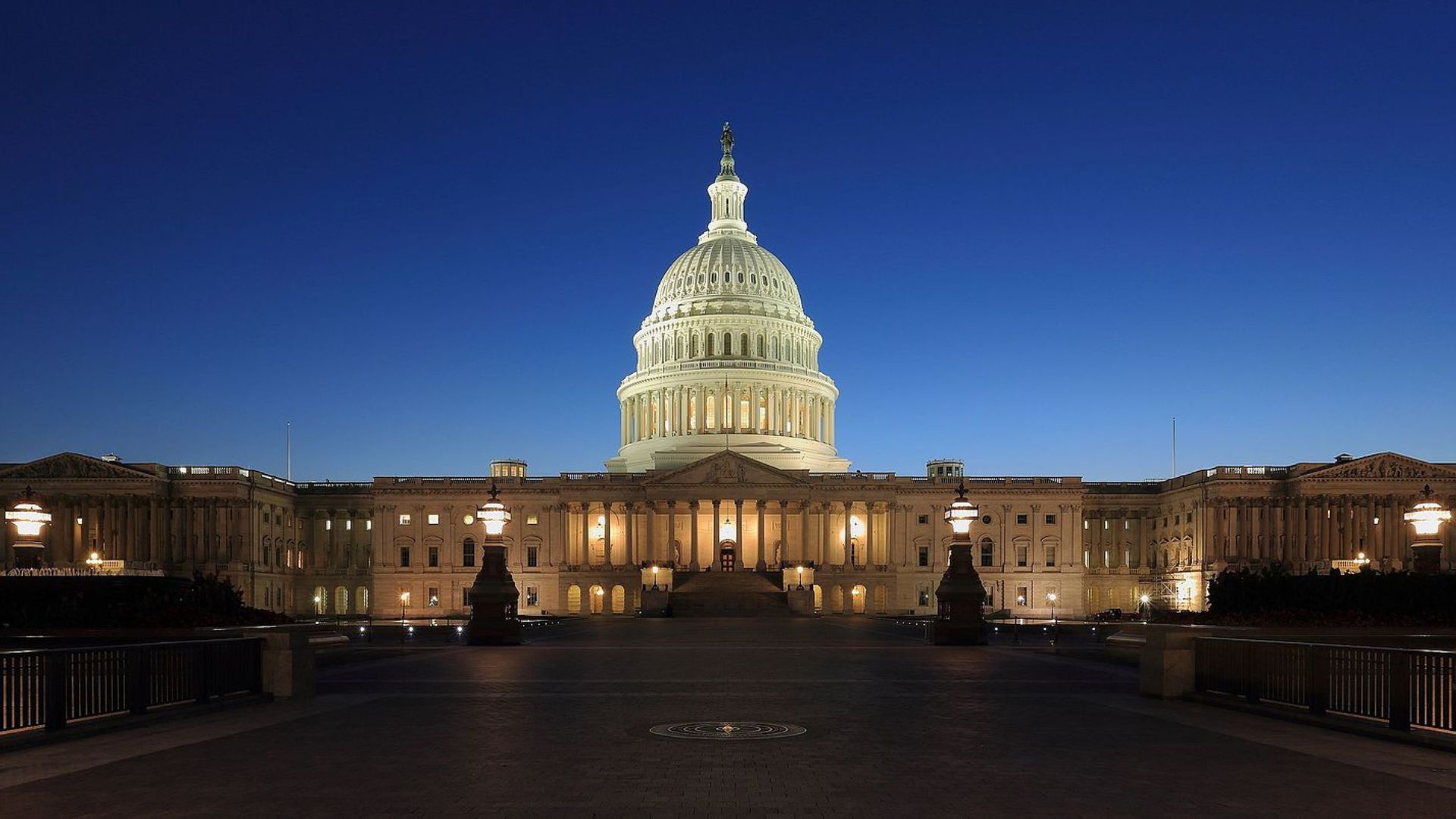
What lies ahead in this clash over federal regulatory power is uncertain.
As the Senate debates and courts continue to interpret this landmark decision, the outcome will significantly shape the landscape of U.S. regulatory authority and its impact on everyday Americans.
